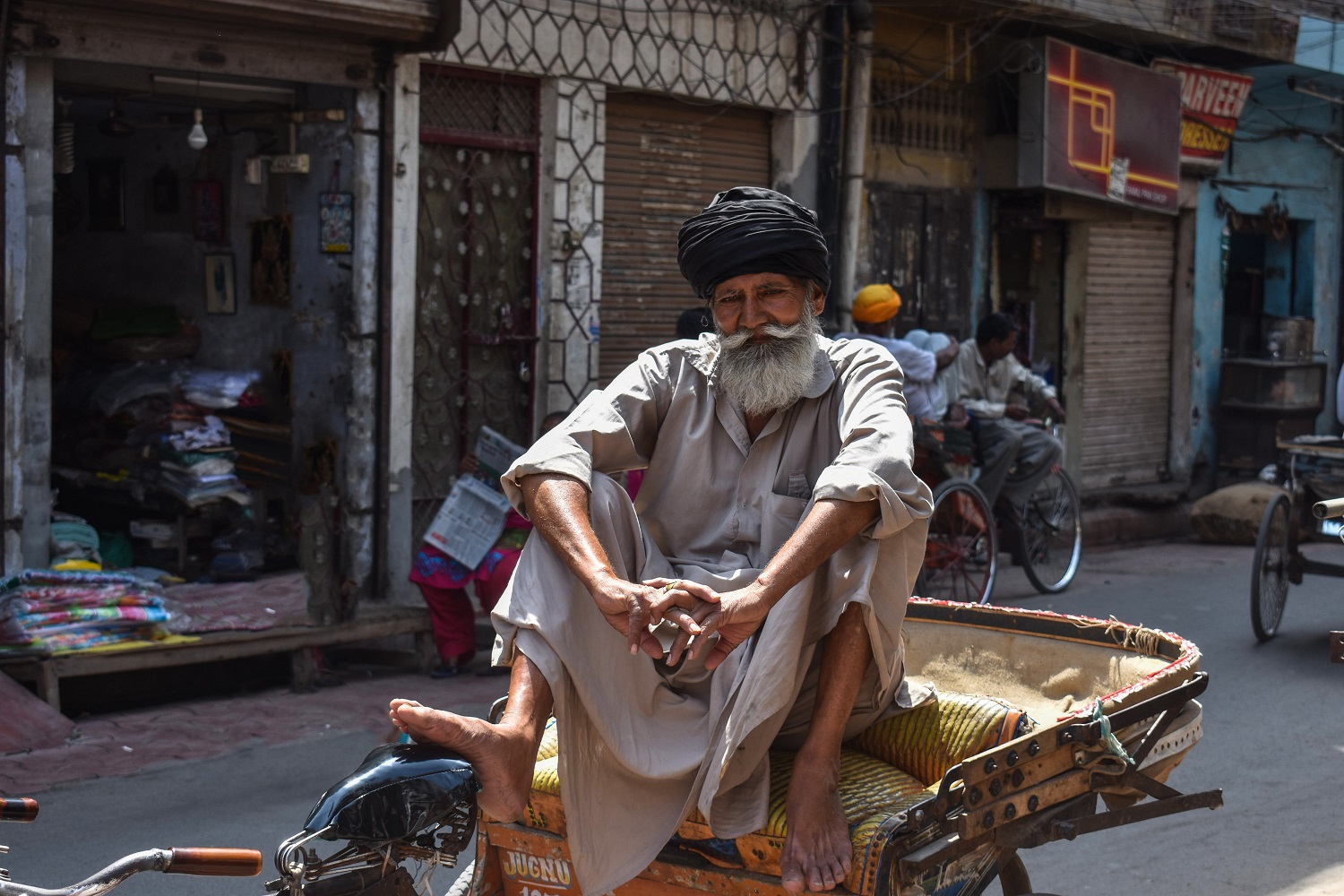
Poverty is both the cause and consequence of deep rooted socio- economic problems. Eradicating poverty remains a global challenge and demands a comprehensive and collective approach that recognises the multi-faceted and multidimensional nature of the issue. The United Nations deemed that the first Sustainable Development Goal (SGD1) is to end poverty in all its forms, everywhere. The pertinent question that faces the world is how to end it?
Ending poverty requires renewed policy approaches that are more comprehensive, technologically advanced and goes beyond the traditional methods of poverty reduction.
Traditional means like boosting the economic growth and Human development Index (HDI) enables poverty reduction, but a radical shift in the form of change in the mind-set of people and government is needed to aid transformation around the world. The modern approach to poverty reduction regards technology as the main driver for a paradigm shift. Use of modern means such as Data for social issues, enables scientific ratification of the problems and means such as mobile phones are strongest weapons of information collection and dissemination. Videos, pictures, apps, testimonials can aid data collection and spreading awareness.
The need of the hour is to employ new means such as GIS technology, satellites to collect data related to poverty indicators such as infrastructure conditions of a certain area, unpaved roads, proximity to water resources, number of schools and hospitals in that area, electrification conditions and street lights. This data would enable effective implementation and evaluation of government schemes such as the Saubhagya Yogajana, that Narendra Modi announced on September 25, 2017 in India, aimed at giving free of cost electricity connection to poor women.
Climate change and poverty are interrelated because natural disasters can provoke conditions of poverty and deprivation; hence climate resilience, mitigation and disaster plans should focus on initiatives that can prevent poverty.
Education being the biggest tool for ending poverty, it is pertinent to create incentives for increasing school attendance and enrolment ratios, schemes such as mid -day meal have contributed to the same but for more positive outcomes use of projectors, entertainment and infotainment for children can enable increased interest in schools especially for the pauperized segment and also distributing deworming pills can avoid health related absence from schools. Health is another aspect that needs attention for poverty reduction, child nutrition, disease prevention and enabling infrastructure for health facilities should be the focus of government policies.
Use of evidence based policymaking in the form of randomised control trials (RCT’s) is an effective method to collect scientifically backed data for poverty reduction, having public private collaborations and start-ups to reduce poverty. The start-ups shall come up with innovative products and ideas for dealing with poverty. Also existing e-commerce retail companies like amazon, Flipkart, etc should be encouraged under corporate social responsibility (CSR) to promote local artisans, women entrepreneurs and share their success stories via advertising; hence it will act as a marketing tool for both the artist and the company. Also local interventions in the form of locally sourcing material to create innovative technologies for addressing the problems of development such as sanitation and clean water would solve the problem of unemployment, manufacturing deficit and in turn solve poverty.
Cash transfers are also becoming an avenue to target the poor directly and avoiding subsidy or scheme leakages where the rich try to reap the benefit too; direct transfer to the account of a BPL family is one interesting avenue that can be explored. Universal Basic income (UBI) in India is in its exploratory stage.
The concept of participatory budgeting can improve the psycho- social conditions of the poorest docile by instilling confidence in them to take decisions for the problems related to their living conditions and will help in solving poverty in an apt sense.
Sanya has worked as Research Coordinator with The Brookings Institute and as a Research Assistant at Integrated Research for Action Development. She handles political and policy communication at the office of Mr. Baijayant Jay Panda, Member of Parliament(Loksabha).